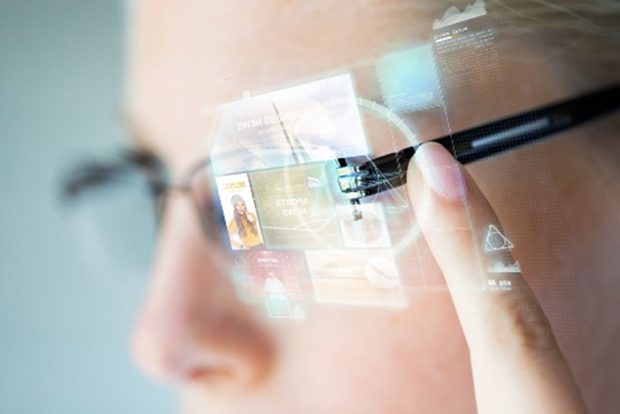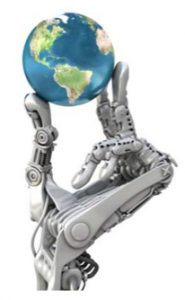There is not a day in which we do not see some news related to Artificial Intelligence (AI) and, although there is a common position regarding the benefits that it can generate in different areas such as health, education, environment, etc., the development of AI-based systems generates certain ethical challenges that can result in wide-ranging risks, since they will be used worldwide.
We could ask ourselves, how can a technology that should be designed to facilitate work, decision-making and contribute to the improvement of people’s lives, have a negative impact if it is not designed and monitored properly?
Taking as a reference the reflections of Coeckelbergh (AI Ethics, 2021): “AI will progressively increase its capacity for intentional agency, replicating and replacing human agency, generating the problem of the absence or dissolution of ethical responsibility in technological systems”.
[Read more…]

